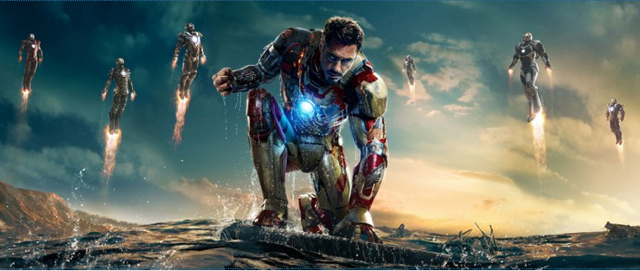Digital Domain Moves into VR with Hong Kong Post Acquisition
January 27, 2016
Visual effects facility Digital Domain, known for its digital work on the “Transformers” series, the “X-Men” series, “Iron Man 3” and “Her,” acquired an 85 percent stake in Hong Kong’s Post Production Company Limited and its parent company for about $17.3 million, with the goal of making a big move into virtual reality. Post Production — which Digital Domain chief executive Daniel Seah calls “the Digital Domain of China” — has worked on many major Chinese movies, TV ads, and music videos.
According to Engadget, Seah and Post Production Company founder Nicholas Tse will run the business. Neither company is in the best financial shape. In September, Post Production Company reduced its workforce in Hong Kong to focus on its more lucrative business in mainland China, and Seah admits that Digital Domain has not yet become profitable since it was bought out of bankruptcy in July 2013.
Seah says he has “sufficient funding to keep things going for awhile,” and he is confident that as Google, Sony, Samsung, HTC and LeEco push into the VR market, it will mean good business for Digital Domain.
Although HTC’s Peter Chou is also Digital Domain’s chairman, a recent VR demonstration only used Samsung units to show off the Nike Hypervenom II ad, a Conan 360 clip and a David Haye boxing match. The two companies plan to give a VR treatment to Hong Kong’s well known cartoon pig McDull, but there’s no VR porn in their future, says managing director Rich Flier.
Engadget points out that “the smartphone is currently the key to driving VR adoption rate,” although that means, “downgrading the content’s quality to suit the common hardware,” rather than expensive dedicated devices like the Vive or the PlayStation VR. COO Amit Chopra says that while smartphone-centric VR “should still please users in developing markets,” there’s room for improvement.
“[Right now] it’s probably more of a 40 to 45 out of 100, but I think within one year you’ll see us getting to the 60s and 70s,” he said. “There’s still a lot more to do, but the technology has to catch up.”


No Comments Yet
You can be the first to comment!
Sorry, comments for this entry are closed at this time.